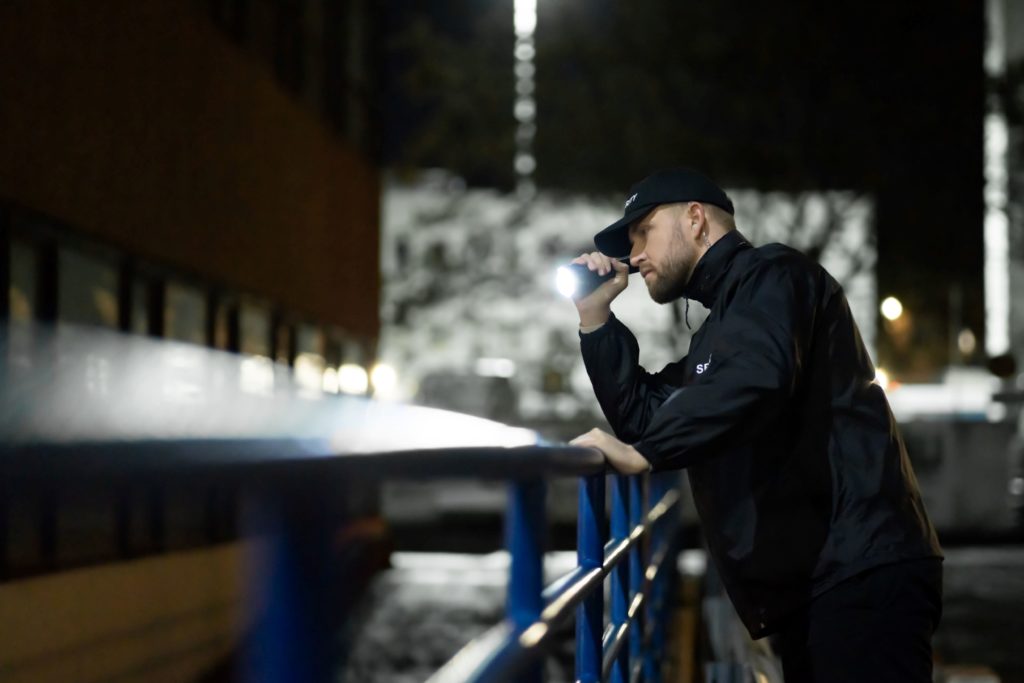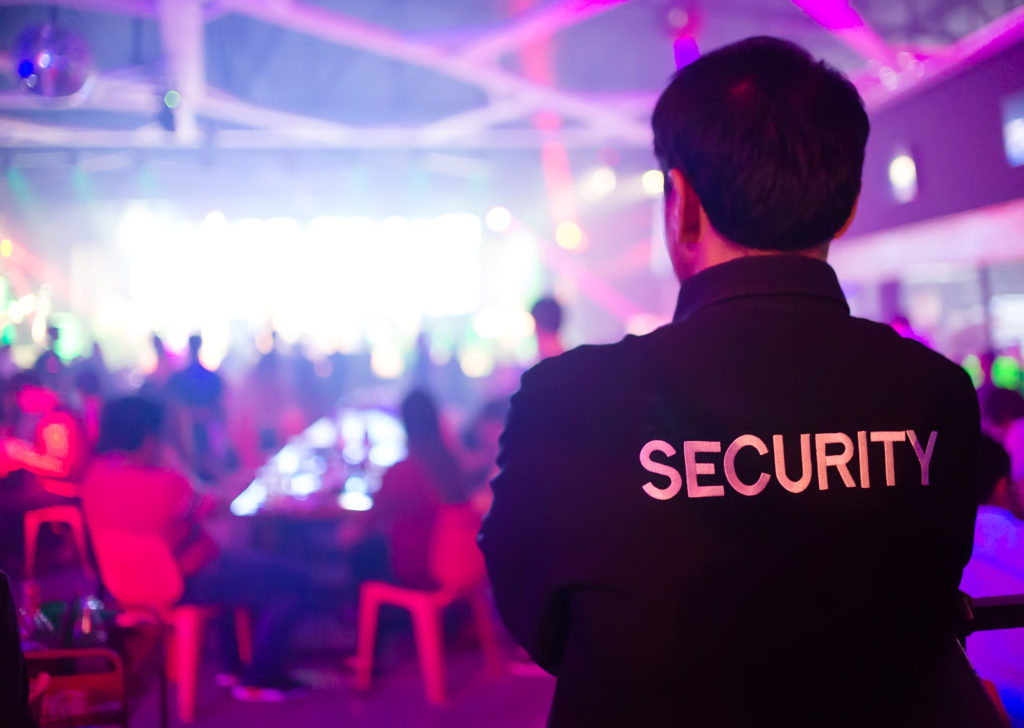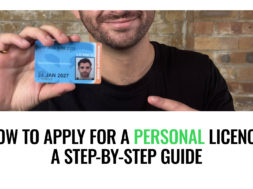
Situational Awareness – An essential tool for Security Officers
Observation skills are vital for security officers. Whatever sector of the industry you work in, keeping your eyes open, and being aware of the issues that a client will want you to notice and record or rectify, is a critical duty.

The Critical Duty of Security Officers
Things as basic as spotting and closing an insecure emergency exit door, or identifying and reporting a missing fire extinguisher, are important security duties.
When it comes to the safety of yourself and those around you, good observation skills are just a part of the skill set that you will need to develop. This potentially life-saving ability is called “situational awareness”.
Understanding Situational Awareness
In a nutshell, situational awareness can be described as being constantly alert to potential threats from your surroundings, or the people in your vicinity. It isn’t just a matter of keeping your eyes peeled for problems, however. Listening carefully to not only what is said by those around you, and how people are speaking, but catching and identifying noises that may raise your level of alertness. A decent sense of smell can also be massively useful for individuals undergoing security training courses, aspiring to become a security officer, or obtaining a security officer licence.
1. Beyond Visual Observation
A strong smell of intoxicating liquor on someone’s breath, even if they are not acting drunk, can indicate that an individual’s behaviour may be affected. It could also mean that the person you are talking to is having a serious medical issue called diabetic ketoacidosis which tends to make breath smell like pear drops or nail polish remover, and is often mistaken for alcohol. Being open to possibilities and alert to any change in mood or atmosphere, is all part of effective situational awareness.
2. Team Collaboration in Situational Awareness
When working in a team, situational awareness is very much a shared responsibility. If for example, you are working on a door at licensed premises, and your attention is focussed on dealing with an enquiry from a patron, then your colleagues need to keep an eye on the environment around you, for your safety, to ensure that there are no unexpected or nasty surprises. This “watching your back”, is second nature to most experienced security officers, and tends to be most critical in the licensed premises or events sectors.

Situational Awareness in Action:
1. Additional Situations to Navigate for Door Supervisors:
I’ll use the role of Door Supervisor, and give just a few examples of potential threats that your situational awareness should flag:
- Someone queuing to enter a venue alone, looking nervous, not talking to those around them, carrying a bag or rucksack.
- A car with tinted windows approaching the venue slowly or parking in line of sight of the entrance.
- Someone attempting to gain access to a venue with unusually dilated pupils, slightly clammy skin on a cold night, or who is grinding their teeth abnormally.
- Unusually long or baggy outer clothing worn on a warm night.
- Identifying the same car driving past the venue on multiple occasions.
2. Common Scenarios Requiring Situational Awareness:
Here are some practical tips for security officers, applicable both on and off duty.
- Seeing an individual some distance from your venue, observing the site, and with no apparent reason for being there.
- A group of men, dressed inappropriately for a night out, not talking, walking towards the venue with hands in their pockets.
- Hearing whispered voices from a group of people outside your venue.
- Smelling marijuana in the air as a group approaches.
- Interacting with an individual who seems unusually interested in the site’s physical security procedures and systems.
These are all pretty common things, and can in many instances, be completely innocent in nature, but your situational awareness, attention to detail, and after some time, your instinct, will tell you if there is a potential issue.
Enhancing Personal Situational Awareness
Whether on or off duty, there are some basic things that you can do to make you more aware of your surroundings and circumvent any potential threats including:
- Stay alert and focused. Do not get distracted or sidetracked.
- Use reflections in windows as you walk by, to give you an improved view of what is around you.
- Walk on the pavement, as far from the road as possible.
- Do not listen to music or take phone calls with bluetooth earbuds whilst walking, or cycling.
- Listen for footsteps behind you and gauge the speed and direction of the source.
- Listen for car or moped engines gunning or tyres screeching.
- If you need to take or make a phone call, keep your head up and look around you.
- Drive defensively. Be alert for mopeds, two up, passing you and attempting to stop your vehicle.
Effective situational awareness is a massively valuable skill. It can be learned and should be used routinely, both on and off duty, to ensure you remain sharp. One day, it may very well save your life or the life of a colleague, so do not underestimate its value, especially if you are considering pursuing a security officer licence.
The UK’s number 1 course finder
Best price guarantee
We offer price match if you find the same course cheaper elsewhere
100% money back guarantee
Get a full refund if you don’t like the course. Terms apply.
5-star customer support
Consistently rated 5-stars on review sites like Trustpilot
£0 booking fee
We never charge any booking or hidden fees
Instant eLearning access
Get FREE access to eLearning course materials instantly after you book
Top-rated training providers
Over 90% of our customers pass the exam in the first attempt

 Trustpilot
Trustpilot










I would like to train for the Door Supervisor security.